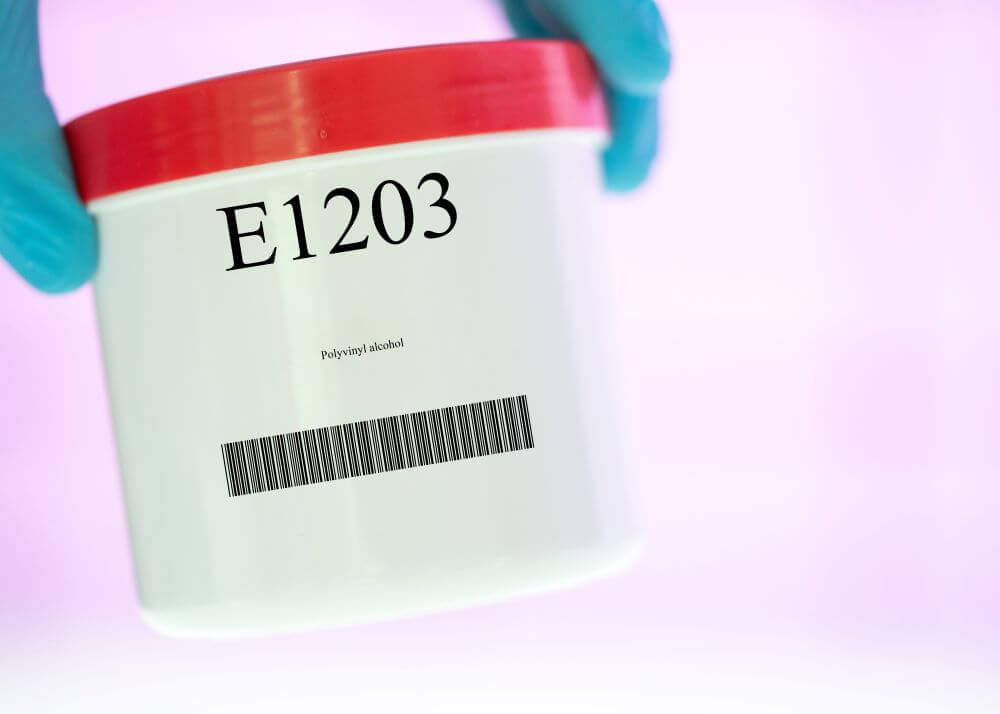The startup ecosystem is quite competitive these days; finding innovative materials that enhance operational efficiency while reducing costs can be a game-changer. Enter polyvinyl alcohol (PVA) – a versatile, water-soluble synthetic polymer that remains largely underutilized within the startup community. While established industries have leveraged its unique properties for decades, emerging businesses are just beginning to discover its potential to streamline operations, develop innovative products, and improve sustainability metrics.
By understanding and implementing PVA applications strategically, your startup can gain a competitive edge through improved product performance, reduced manufacturing complexity, and enhanced environmental credentials. Read on for more details.
Understanding Polyvinyl Alcohol
Polyvinyl alcohol stands out among polymers due to its exceptional solubility in water, biodegradability, and film-forming properties. Produced through the hydrolysis of polyvinyl acetate, PVA’s characteristics can be fine-tuned by controlling the degree of polymerization and hydrolysis. This customizability makes it uniquely adaptable for startup applications.
PVA forms transparent films with excellent tensile strength and flexibility, while maintaining impressive oxygen barrier properties. But what particularly benefits resource-constrained startups is PVA’s low toxicity profile coupled with biodegradability, allowing companies to develop environmentally responsible products without sacrificing performance.
Reputable PVA suppliers are a crucial ally for startups looking to maintain product quality and consistency. They ensure proper molecular weight distribution and hydrolysis degree specifications, preventing manufacturing issues and product failures. Additionally, reliable suppliers provide necessary regulatory documentation and technical support, while maintaining ethical manufacturing practices that align with the eco-friendly positioning many startups seek to establish in today’s marketplace.
Manufacturing Efficiencies Through Temporary Supports
One of PVA’s most revolutionary applications for hardware and manufacturing startups comes in the form of water-soluble supports and molds.
Traditional manufacturing processes often require complex tooling and molding setups that demand significant investment. PVA offers a solution through dissolvable molds that can be simply washed away with water after use.
For startups developing complex components with intricate internal geometries, PVA supports in additive manufacturing enable designs that would otherwise be impossible to produce. This dramatically reduces post-processing time, allowing startups to iterate prototypes faster and accelerate time-to-market.
Meanwhile, companies producing medical devices, aerospace components, or consumer electronics can utilize PVA to create complex geometries without the traditional manufacturing constraints, enabling innovative designs while keeping production costs manageable.
Sustainable Packaging Solutions
For consumer product startups, packaging represents both a significant expense and an environmental challenge. PVA offers compelling alternatives to conventional packaging materials.
Water-soluble PVA films and bags provide excellent protection for products while completely dissolving when exposed to water, leaving no microplastic residue. Food and beverage startups can utilize PVA for portion-control packaging that dissolves during preparation, eliminating waste entirely. Cosmetics startups, on the one hand, benefit from the compound’s ability to create single-use pods containing precise product doses.
Beyond the environmental advantages, PVA packaging provides startups with marketable sustainability credentials that resonate with eco-conscious consumers. The material’s inherent barrier properties protect products from oxygen degradation while maintaining biodegradability – a combination rarely found in conventional packaging materials.
Enhanced Product Formulations
Chemistry-focused and biotechnology companies can leverage PVA as a functional ingredient in product formulations. It functions effectively as a thickening agent, stabilizer, and binding agent in various applications, often replacing less sustainable petroleum-derived alternatives.
Startups developing cleaning products can incorporate PVA to improve viscosity and suspension of active ingredients without compromising biodegradability. In agricultural technology, the compound serves as an excellent soil conditioning polymer that enhances water retention while remaining environmentally benign. Medical startups also benefit from PVA’s compatibility with human tissue, enabling applications in wound dressings, drug delivery systems, and even artificial tissue scaffolds.
The versatility of PVA in formulations allows startups to reduce their raw material inventory while maintaining product performance – a critical efficiency for early-stage companies managing tight cash flows.
Adhesives and Coatings Applications
For startups in construction, materials science, or consumer goods, PVA provides a foundation for developing specialized adhesives and coatings without the toxicity concerns of traditional alternatives.
PVA-based adhesives offer excellent bonding properties for porous materials like wood, paper, and textiles – essential for startups developing sustainable building materials or eco-friendly consumer products. The temporary adhesion properties of PVA enable innovative assembly methods where components can be joined securely during manufacturing yet separated easily for product repair or end-of-life recycling. Startups focusing on sustainable architecture benefit from PVA’s ability to create moisture-resistant coatings that remain breathable, addressing common challenges in green building materials.
The water-based nature of PVA adhesives also eliminates VOC emissions during application, improving workplace safety without expensive ventilation requirements.
Conclusion
As investors and consumers increasingly prioritize sustainable innovation, PVA offers startups a practical pathway to develop environmentally responsible products without compromising on functionality or profitability. The versatility of this remarkable polymer makes it relevant across diverse startup sectors, providing a competitive advantage through enhanced efficiency, reduced complexity, and improved environmental credentials. For the forward-thinking startup, PVA isn’t just a material choice – it’s a strategic enabler of sustainable growth.




